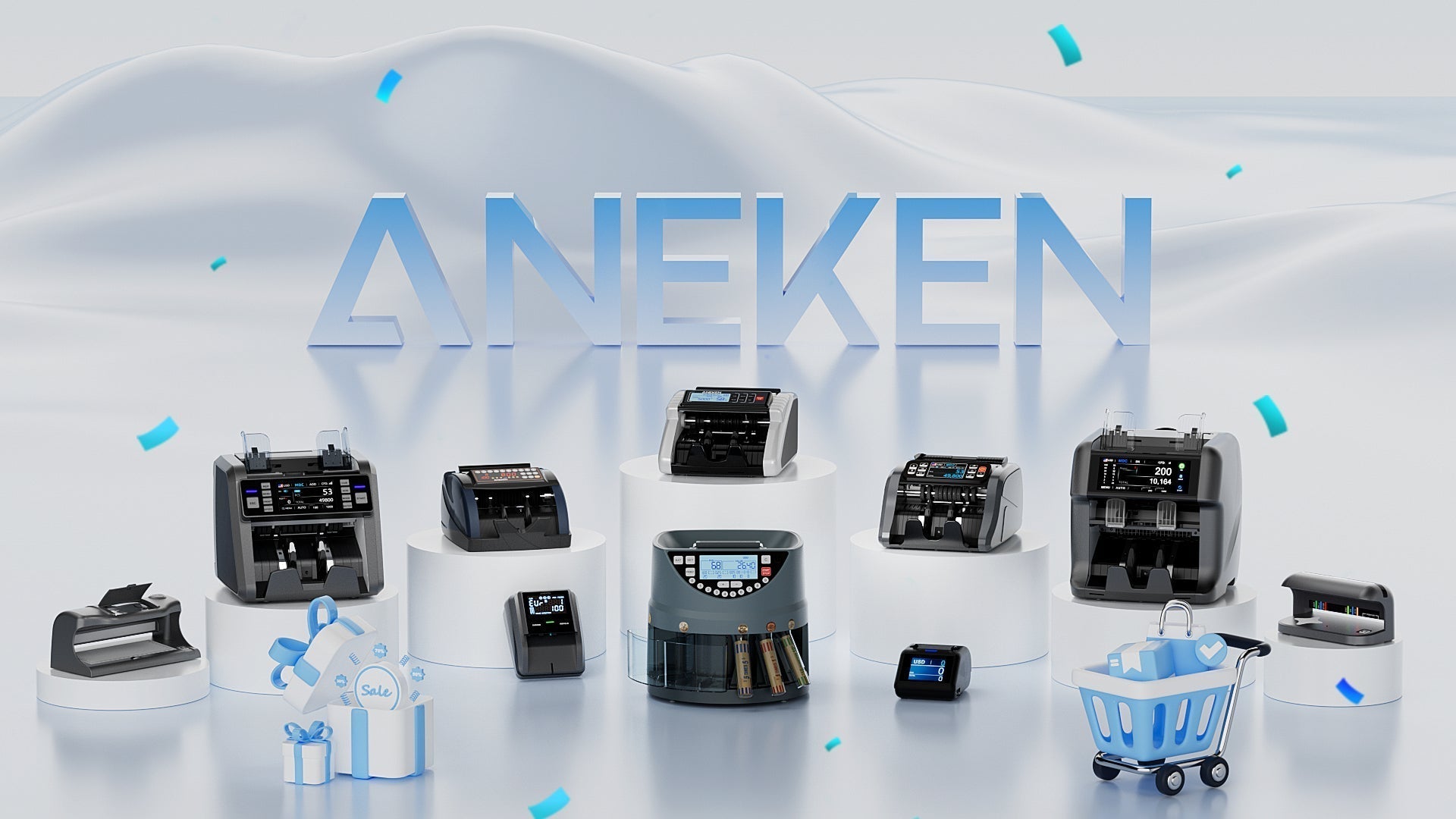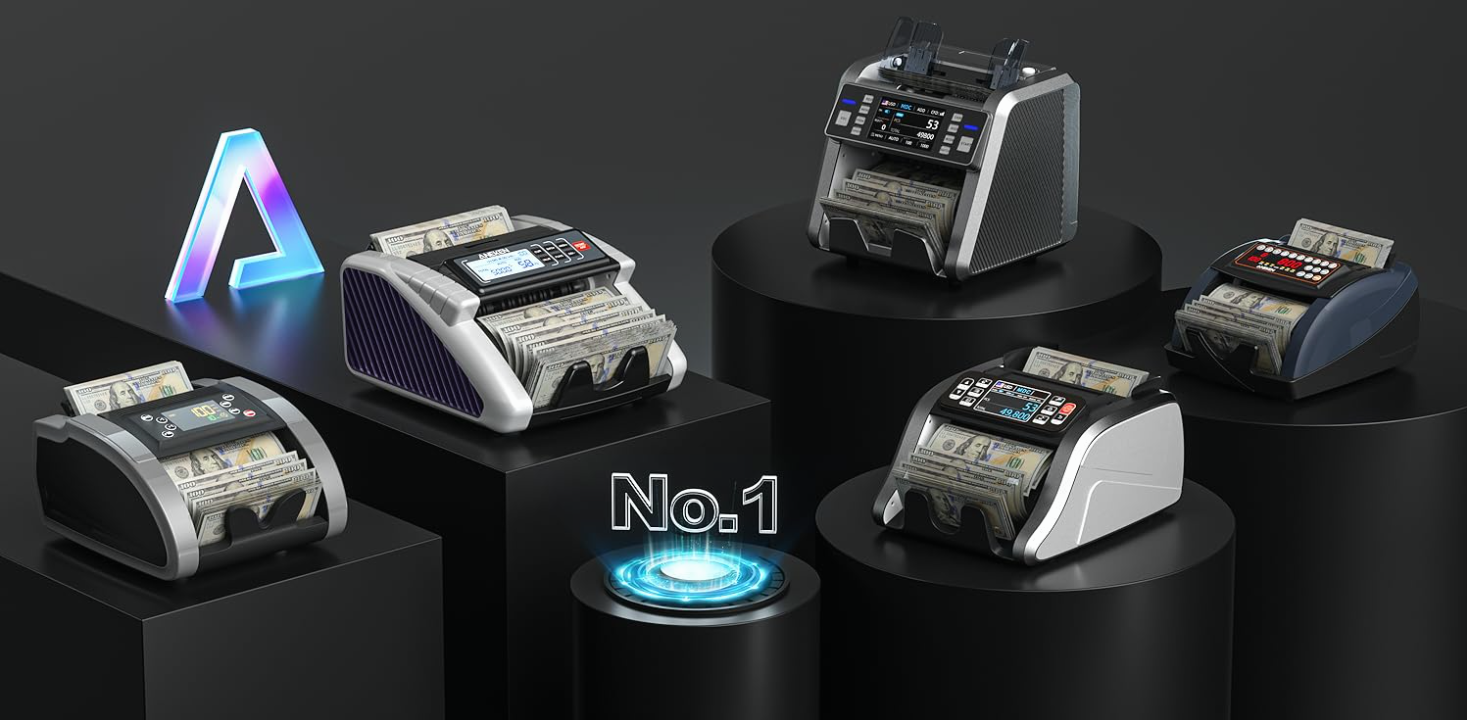In recent years, the use of cash has seen a resurgence in various sectors, leading to an increased demand for bill counters. While digital payments are on the rise, many businesses and individuals still rely on cash transactions for their daily operations. This blog explores the reasons behind the growing use of bill counters and highlights the industries and countries experiencing a surge in demand.
Reasons for Using Bill Counters
-
Efficiency and Speed: One of the primary reasons businesses invest in bill counters is the efficiency they bring to cash handling. Manually counting cash can be time-consuming and prone to errors. Bill counters automate this process, allowing businesses to quickly and accurately count large volumes of cash, saving valuable time and reducing the risk of human error.
-
Accuracy: Bill counters are designed to detect counterfeit notes and ensure that the cash being counted is legitimate. This feature is crucial for businesses that handle significant amounts of cash, as it helps prevent losses due to counterfeit currency. The accuracy of bill counters also enhances financial reporting and inventory management.
-
Labor Cost Reduction: By automating cash counting, businesses can reduce labor costs associated with cash handling. Fewer staff members are needed for cash management tasks, allowing employees to focus on more critical aspects of the business, such as customer service and sales.
-
Security: Cash handling can pose security risks, especially in industries that deal with large sums of money. Bill counters help mitigate these risks by streamlining the cash handling process and reducing the time cash is exposed to potential theft. Additionally, many modern bill counters come equipped with security features, such as UV detection and magnetic sensors, to further enhance safety.
Industries Experiencing Increased Demand
-
Retail: The retail sector is one of the largest users of bill counters. With the rise of cash transactions, especially in small and medium-sized businesses, retailers are increasingly adopting bill counters to streamline their cash management processes.
-
Hospitality: Restaurants, hotels, and bars often deal with significant cash transactions. Bill counters help these establishments efficiently manage their cash flow, ensuring accurate accounting and reducing the risk of theft.
-
Banking and Financial Services: Banks and financial institutions have long relied on bill counters for cash handling. As cash transactions remain prevalent in many regions, the demand for advanced bill counting technology continues to grow in this sector.
-
Transportation: Public transportation systems, including buses and trains, often collect cash fares. Bill counters are essential for these systems to efficiently manage and count the cash collected, ensuring accurate revenue reporting.
Countries with Rising Demand
Countries with a strong cash culture, such as India, Brazil, and various African nations, are witnessing a significant increase in the demand for bill counters. In these regions, cash transactions remain a primary mode of payment, driving businesses to invest in efficient cash handling solutions.
In conclusion, the demand for bill counters is on the rise due to their efficiency, accuracy, and security benefits. As various industries, particularly retail, hospitality, banking, and transportation, continue to rely on cash transactions, the need for reliable bill counting technology will only grow. Countries with a strong cash culture will further contribute to this trend, making bill counters an essential tool for businesses worldwide.



Laisser un commentaire
Ce site est protégé par hCaptcha, et la Politique de confidentialité et les Conditions de service de hCaptcha s’appliquent.